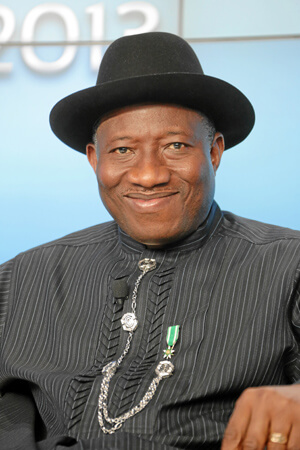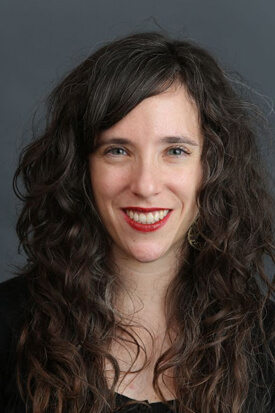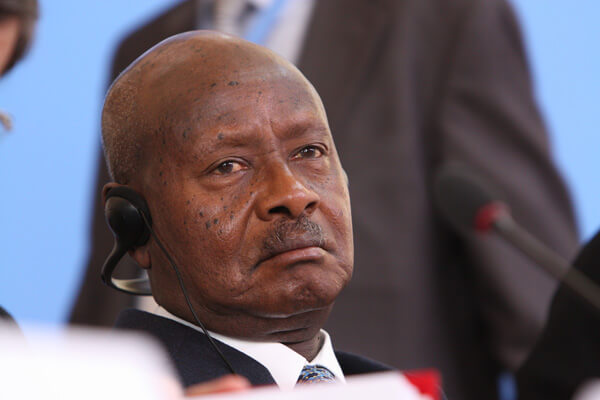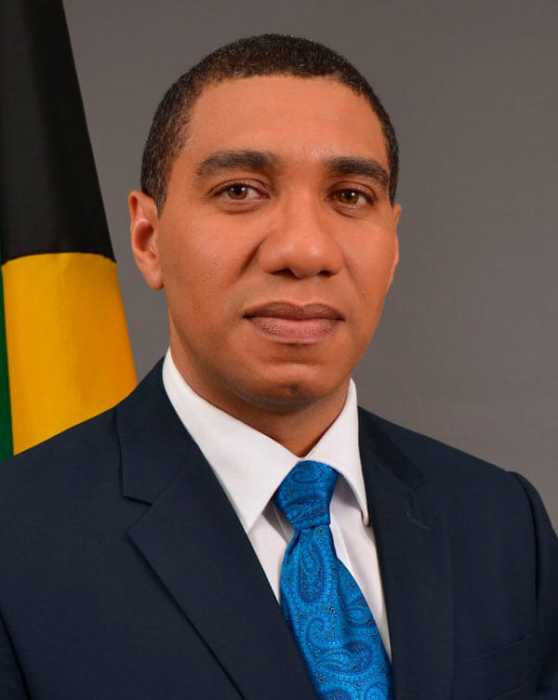In the wake of a new homophobic law taking effect in Nigeria early last week, there are news reports that many dozens of gay men are being arrested and that the crackdown on gays has spread from the Muslim northern portions of the West African nation of 160 million to its Christian south.
Human rights advocates have pointed to a wave of arrests dating back to Christmas, weeks before Nigerian President Goodluck Jonathan signed the legislation.
The Associated Press, on January 14, quoted Dorothy Aken’Ova, executive director of Nigeria’s International Center for Reproductive Health and Sexual Rights, saying that police in the northern state of Bauchi had detained and tortured four men, forcing them to reveal the names of other gay men. The police, she said, put together a list of 168 men who are now targets for arrest.
Arrests spread from Muslim north to Christian south as Canada reported to have canceled state visit
An AIDS counselor said the crackdown “began with a wild rumor that the United States had paid gay activists $20 million to promote same-sex marriage” in Nigeria. The man, who spoke to the AP anonymously out of fear of arrest, said he had helped bail 38 gay men out of jail since the end of December.
Nigeria’s new Same-Sex Marriage Prohibition Act, whose final approval was announced on January 13, metes out punishments of up to 14 years in jail for gay marriages and up to 10 years for belonging to or promoting gay organizations. Activists told the AP that AIDS groups serving gay men are targeted under the new law.
Gay men are fleeing the Bauchi region, both Aken’Ova and the AIDS counselor told the newswire service.
The AP quoted Mustapha Baba Ilela, who chairs the Bauchi Shariah Commission that oversees enforcement of Islamic law in the region, saying, “We are on the hunt for others.” Of 11 men he said had been arrested –– all but one of them Muslim –– each had signed a confession acknowledging membership in a gay organization.
On January 17, the AP reported that arrests had spread to Nigeria’s Christian southern states.
“The arrests are all over. It's no longer just in the north,” Ifeanyi Kelly Orazulike, executive director of the Nigeria-based International Center for Advocacy on Right to Health, told the AP. “Police are not telling us what the charges are, and people are scared.”
Nigerian President Goodluck Jonathan, who signed the new legislation, has not spoken out about homosexuality, but a spokesman for him said, “This is a law that is in line with the people’s cultural and religious inclination. So it is a law that is a reflection of the beliefs and orientation of Nigerian people.”
The Most Reverend Emele Uka, the prelate and the General Assembly moderator of the Nigerian Presbyterian Church, lauded Jonathan for signing the legislation.
“Thank God there is hope, a cure for the sins of homosexuality, lesbianism, incest, rape, and adultery,” he said in a written statement. “We should note that these mentioned perverse sexual lifestyles attract God’s punishment. For such, God warns that hell, not heaven is the final destination. And how is God’s cure received? In exactly the same way as other types of sinners receive forgiveness, through confession and repentance.”
Olumide Makanjuola, who heads up the Initiative For Equality in Nigeria, said attorneys for the group are helping several gay men challenge their arrests. He told the AP that police confiscate the cell phones of suspected gay men in their custody and send out text messages to snare other suspects. Those arrested, he said, are pressured into paying bribes to win their freedom.
In a January 13 written statement, US Secretary of State John Kerry said, “The United States is deeply concerned by Nigeria’s enactment of the Same-Sex Marriage Prohibition Act. Beyond even prohibiting same-sex marriage, this law dangerously restricts freedom of assembly, association, and expression for all Nigerians. Moreover, it is inconsistent with Nigeria’s international legal obligations and undermines the democratic reforms and human rights protections enshrined in its 1999 Constitution. People everywhere deserve to live in freedom and equality. No one should face violence or discrimination for who they are or who they love. We join with those in Nigeria who appeal for the protection of their fellow citizens’ fundamental freedoms and universal human rights.”
UNAIDS, the world body’s initiative that combats the HIV epidemic, issued a statement voicing “deep concern that access to HIV services for lesbian, gay, bisexual, and transgender people will be severely affected by a new law in Nigeria — further criminalizing LGBT people, organizations, and activities, as well as people who support them.”
Canada’s Conservative government of Prime Minister Stephen Harper has declined to comment on Nigerian press reports that Ottawa cancelled a planned state visit by President Jonathan in February to protest the new anti-gay law.
According to Canada.com, however, the Harper government has been a vocal advocate for gay rights globally. On January 13, Foreign Affairs Minister John Baird, who previously spoke out against anti-gay legislation in Uganda and Russia, said, “We call on Nigeria to repeal this law and to promote and protect the human rights and fundamental freedoms of all Nigerians regardless of their sexual orientation.”






































